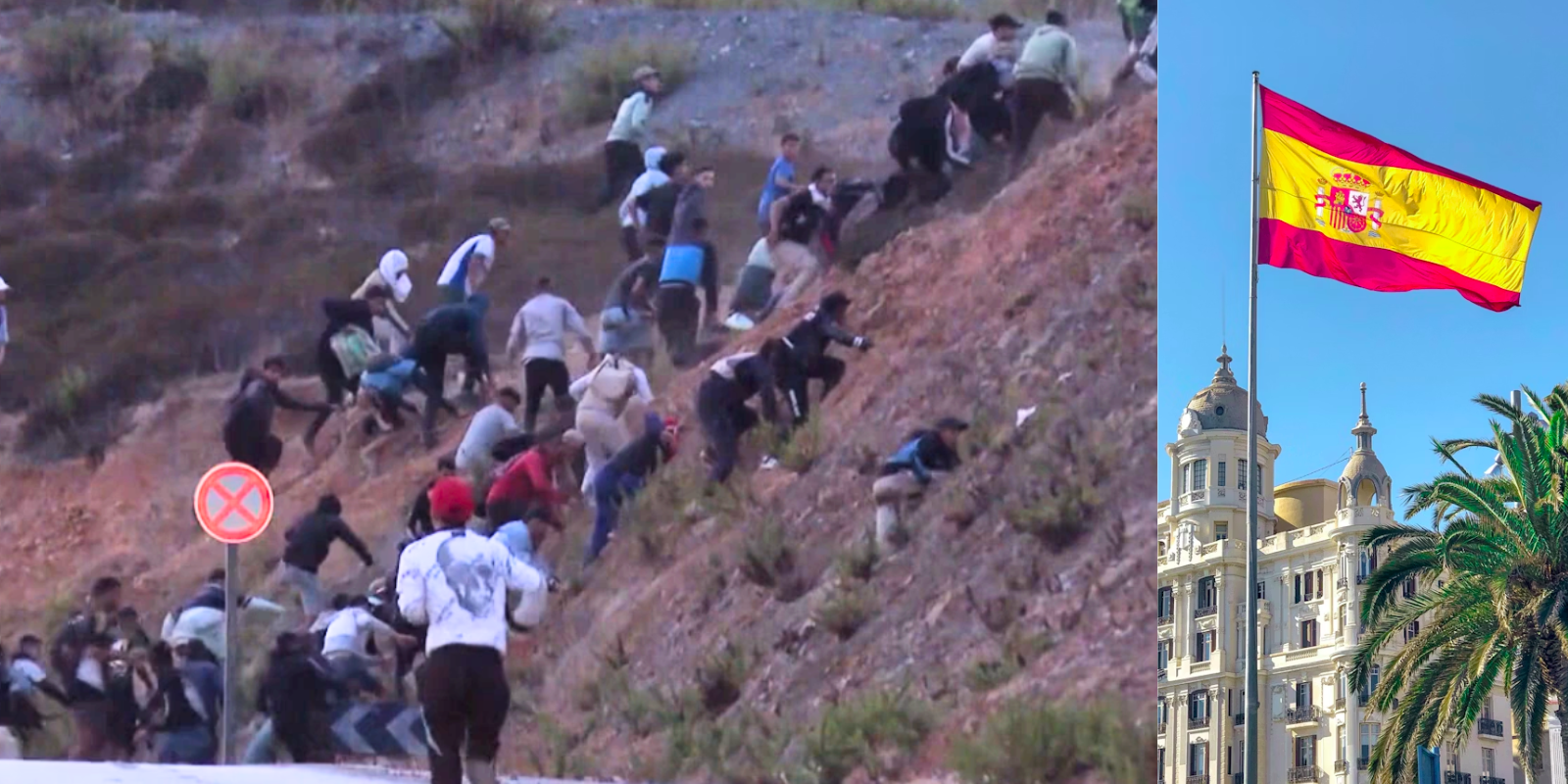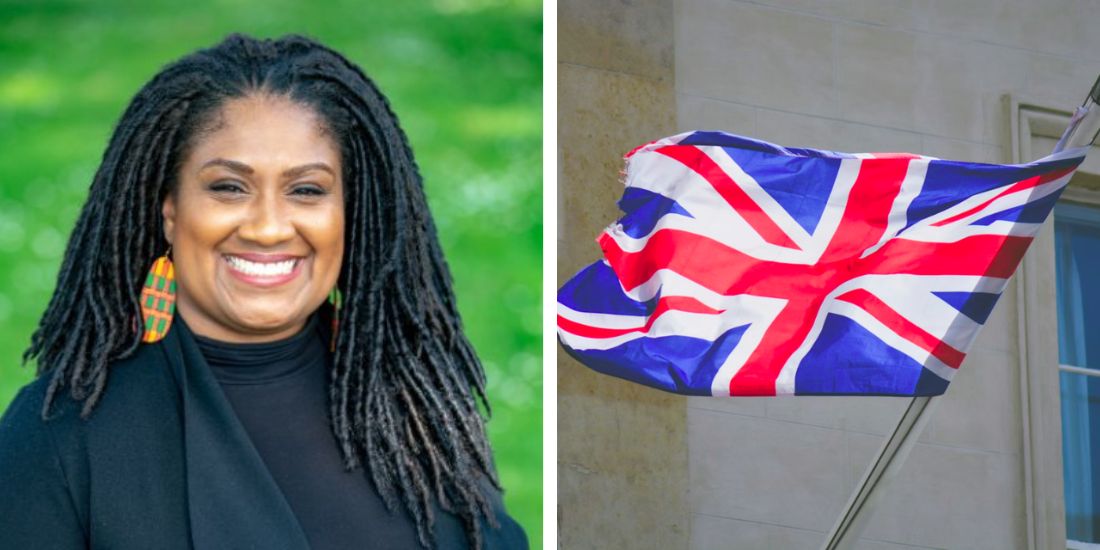Xi, whose official title is the General Secretary of the Chinese Communist Party and chairman of the Central Military Commission, is the paramount leader of China. In 2018, China approved the removal of the two-term limits for the presidency, effectively clearing the way for Xi to remain in power for life.
The term limit was in place since the 90s, though Xi, who was set to step down in 2023, went against the tradition of naming a successor. Xi now holds the same level of power as the Party's founder, Chairman Mao Ze Dong.
In the previous episode, Posobiec broke down the opening up of China to the world, and how the Chinese Communist Party (CCP) made a deal with the west to provide "the slave labor while the west provided the capital and intellectual property" for the world's economy.
This, Posobiec said, continued until a "new leader arose to take over the CCP," that being Xi.
Xi was not raised in Beijing or in any Chinese big city, Posobiec explained. Xi's father had been a member of Mao's early Chinese Communist Party.
"He was one of Mao's closest lieutenants. Xi Jinping's father was...the one who initially set out that base out in the west that Mao Ze Dong fled to," Posobiec said, referring to the long march, left and joined the communists in the west after being defeated by the nationalists.
"During the cultural revolution when all of this went down and during the Great Leap Forward, Xi's father had fallen out of favor the same way that so many other communist leaders fall out of favor, and his family, including his ten-year-old son, was sent to the countryside."
Xi's father had been purged like many others, leaving Xi to grow up in the rural countryside as a laborer, the son of one of the intellectuals who was sent down.
Once the Cultural Revolution came about, Xi was not able to join the Red Guard due to his father's "questionable behavior," Posobiec explained.
"The persecution of Xi's father and his family...Was so great, that Xi's older sister even committed suicide during the Cultural Revolution."
This was not uncommon, as Posobiec explained in previous episodes.
"Xi didn't learn that Communism wasn't the way to run a country. Instead, he learned that the way to gain power was to purge your enemies, and this is exactly what he would do on his way up the food chain."
When Deng Xiaoping, the pragmatic former CCP leader who had opened up China to the west and was the focus of much of the third episode of the China Files, came to power, he unified the party by going back and "rehabilitating" the Khadris that had been kicked out under Mao, Xi's father being one of them. Xi would then join the party and begin going up the ranks through the 1990s and early 2000s.
"At one point, Xi Jinping actually becomes the chairman of Shanghai," one of China's major economic cities and zones in the entire country.
Posobiec explained that Xi was Chairman of Shanghai while he himself had lived there.
"At one point, in the summer of 2008, right before the Olympics started... or before that, when the Shanghai World Expo was being planned...I had the opportunity to visit there, and I had some American clients I was working with...I was taking them around as a young staffer, and the day that we go over for our meeting, turns out the local party secretary–the local chairman of the city is also there, Xi Jinping, with his massive entourage.
"Xi's there, and he stands about six feet tall, which is very tall over in China... And you could see, with his massive entourage around him, that this guy was the boss. We were told to stay back in one room while the entourage walked by, but it did take a moment to peek in, and I remember seeing him and going, 'Man, this guy's like the Chinese Tony Soprano."
Posobiec said that Xi "oozed power" throughout the room. "We knew that Xi Jinping was going to go far at that point... He was in there cleaning up what he called 'corruption.' But what was he really doing? He was taking out rivals," Posobiec explained.
Posobiec broke down one story of how “Xi Jinping orchestrated the receipt collection, the takedown, and the public disgracing of his largest possible rival”– Bo Xilai.
“At one point, Bo Xilai was poised to be the next leader of the party,” Posobiec explained. “He was running an economic Powerhouse in central China called Chongqing.”
“They did whatever they could to find dirt on Bo Xilai, and it turns out that it wasn’t just typical corruption. It wasn’t just your typical bribery– most elites of the CCP were involved in that. They were all getting rich. But no, there was another problem with Bo Xilai because he flew a little bit close to the sun, and in fact, not just he flew too close to the sun– but his wife did.”
“On the morning of November 14, 201, a British citizen named Neil Heywood was found dead in a hotel room in Chongqing.”
“Now we were told at one point that he had died of alcohol overconsumption,” Posobiec explained. “Now people die all the time. All sorts of accidents happen in China. It is what it is.”
“But, here’s the thing. It turns out that Neil Heywood had been in a, shall we say, close relationship with Bo Xilai’s wife.”
Posobiec explained that Heywood had helped the couple’s son gain admission to a fancy boarding school in England, and helped the family launder “hundreds of millions of dollars” outside of China.
“Now, there was a business dispute,” Posobiec explained. “He wanted more money than they were willing to give.”
“The wife, she poisons Neil Heywood,” Posobiec said.
Posobiec explained that normally if a party member committed such a crime, the party would “clean up” the problem.
But in this case, the police chief of Chongqing was under surveillance, and had been surveilling Bo Xilai himself. After he attempted to bring “tapes of the entire thing” to the US consulate with little to no consequence, the tapes made their way “to the higher levels of the party” and into the hands of the supporters of Xi Jinping.
“Bo Xilai and his wife were arrested, were removed from every position that they held. Bo Xilai himself was sentenced to life in prison. His wife, who they later determined had actually put poison in this British businessman's drink, was sentenced to death.”





